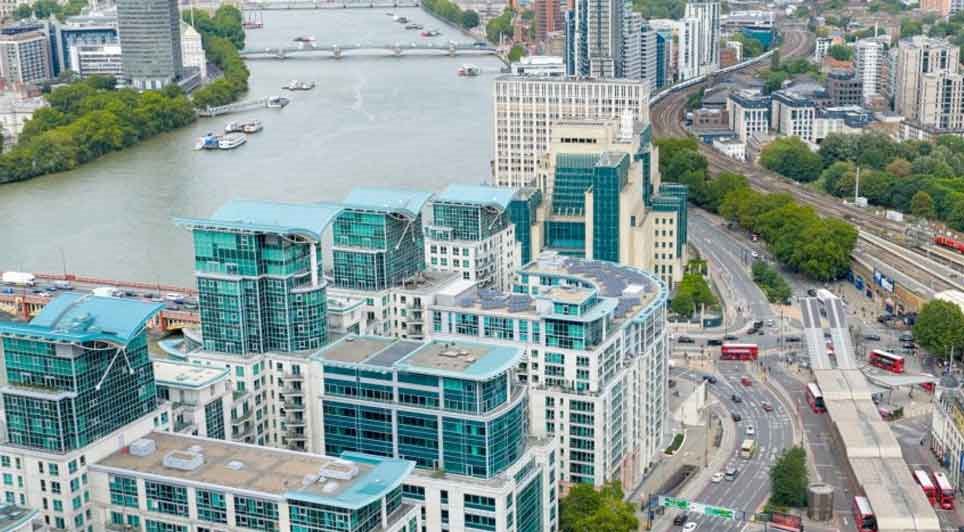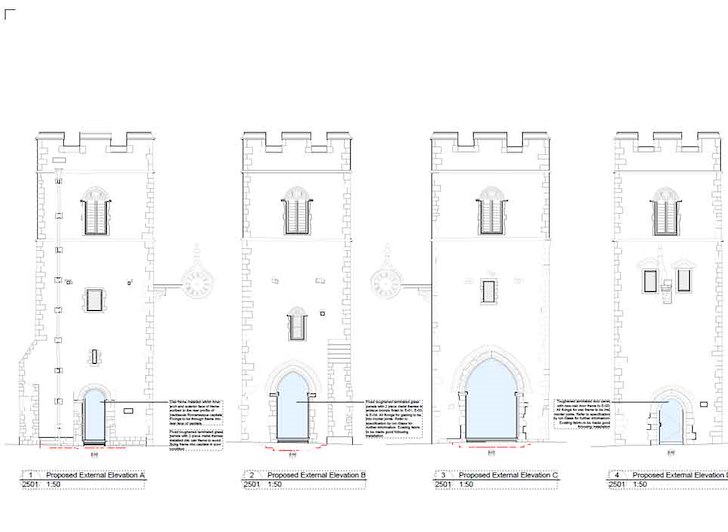Construction union UCATT has warned that Government plans to cut workplace safety inspections are playing "Russian Roulette" with workers lives.
Under the proposals automatic safety inspections will only take place in energy, nuclear sites and the chemical industry.
Chris Grayling MP the Minister responsible for Safety, has claimed that the proposals will free businesses of unnecessary bureaucracy. However in reality the number of inspections, enforcement activity and prosecutions being undertaken by the Health and Safety Executive have all declined dramatically in recent years.
Far from construction companies being tied up in red tape, the reality is that a construction worker is unlikely ever to see a HSE inspector on site, unless a major accident has occurred.
A recent series of unannounced intensive investigations conducted by the HSE in various parts of the UK has shown that roughly 1 in 4 construction sites visited had serious safety failings.
A UCATT spokesperson, said: "The Government are using myths and distortions to introduce what amounts to an attack on worker safety. These plans will allow employers to ignore safety rules, as they will know that they will not be prosecuted. Workers should not be forced to play Russian roulette with their safety."
The Government have also announced a long-term review of all workplace safety laws undertaken by Professor Ragnar Lofstedt of Kings College London. The review has been portrayed as an opportunity to abolish unnecessary legislation.
A UCATT spokesperson, added: "If the Government were serious about ensuring the safety of workers, this review would be able to propose new laws to make workplaces safer, such as the introduction of statutory director's duties and the extension of the Gangmasters Act to the construction industry."
In 2009, Rita Donaghy published a major report into construction safety titled: One Death Is Too Many. The report made over 20 recommendations for improving safety in the construction industry including the introduction of director's duties and the extension of the Gangmasters Act to cover the construction industry.
Construction is the most dangerous industry in Britain. Last year 42 construction workers were killed at work. However it is expected that deaths will rise as the industry recovers from recession. Prior to the recession on average 6 construction workers were being killed each month.
(CD/KMcA)
 UK
UK Ireland
Ireland Scotland
Scotland London
London

.gif)




















